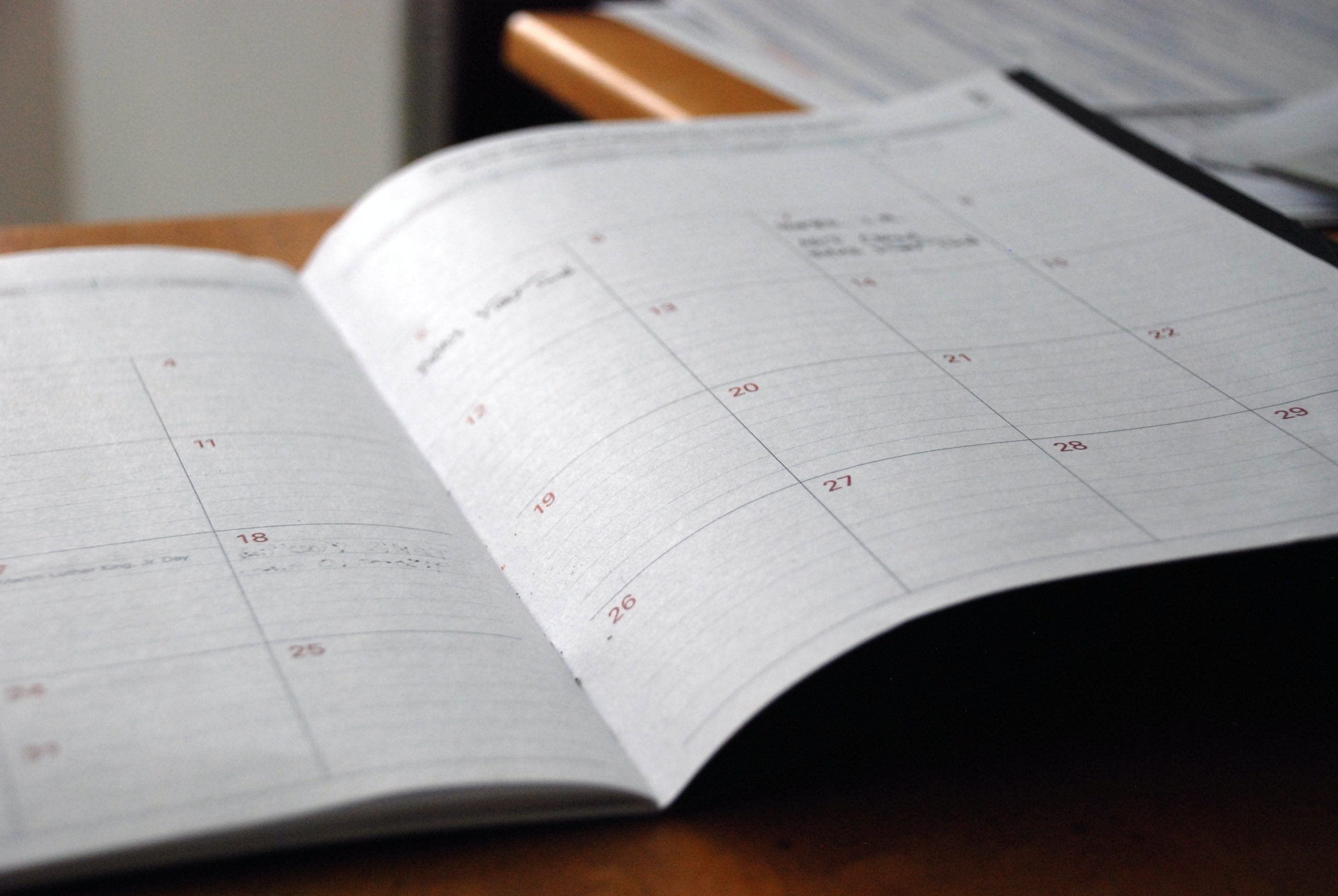July 29, 2021 | Estate Planning

You’ve probably heard a lot about trusts, and you may be wondering, “Do I need one?”
It’s a simple, straightforward question, but there isn’t one magic answer. It depends on your goals for your estate and your family as you age and after you pass away. Let me explain.
First, what is a trust? It’s a legal document, yes, but think of it like a holding tank. A trust can own a car or your house. It can own bank accounts. It can hold—in the ownership sense—things much in the same way a person can. A trust does this as a benefit to you and your family.
Why would that make sense? You might be thinking, “Only if you’re rich with millions of dollars in assets,” but that’s not the case. Instead, think protection of assets; specifically, do you want to make sure certain assets you own are protected against long term care expenses, probate, or taxes? Do you want to have some level of control over the distribution your assets to the people you designate when you’re gone? For most people, the answer is a resounding yes.
Those are the big four reasons a trust make sense: long-term care, probate, taxes, and distributions. Let’s dive a little deeper on those, starting with long-term care.
There are certain types of trusts in which you can put assets like your home, family farm, or some CDs, and after a certain period of time, the nursing home cannot touch those assets. That’s huge considering that if you were to go into a nursing home facility, the cost could be upwards of $100,000 a year, which is a massive risk for many families. Naturally, you’d want to do what you can to protect against that, and a trust may be the answer.
The desire to avoid probate is another reason a trust could make sense. Assets owned by the trust circumvent probate. If you’ve ever been an executor or a beneficiary of a will, you know it could take six months or even years to finally get through the court system. Using a trust avoids the entire probate court process altogether. That’s a big reason a lot of people like to have a trust instead of just using their will. It saves time, headaches, fees, and costs.
The next reason a trust can make sense is that it can help reduce your tax burden. There are many ways trusts can be used to help you maximize your estate’s tax savings at the state or federal level. And let’s face it—nobody likes paying more taxes than they have to. This is an especially salient point when we consider that the estate tax can (and will) change over time. We don’t know what it will be in the future, which is why it can make sense to put some proactive protection in place now with a trust.
Which brings us to our final reason a trust could make sense: control over the distributions. It might not seem like a huge deal, but if you have young children or grandchildren, providing some guidance on how they would inherit money could position them for success in the future. Perhaps you’d like them to receive a third of their inheritance at age 25, then another third at 35, and so on, instead of getting everything at once. Otherwise, the alternative may be that they receive everything at age 18, at which point they have the greatest college experience of all time, and no money left to show for it. That’s probably not what you had in mind. A trust can help ensure that you’re able to help your loved ones in the way you intend to.
There you have it—four reasons a trust might make sense. The takeaway here is that trusts are not just for rich people, and frankly, they’re not that complicated if you have the right attorney. Our team would be happy to help guide you through the process. Just give us a call.
Finally, if you’re just joining us, don’t forget to check out the rest of our Estate Planning 101 series.

